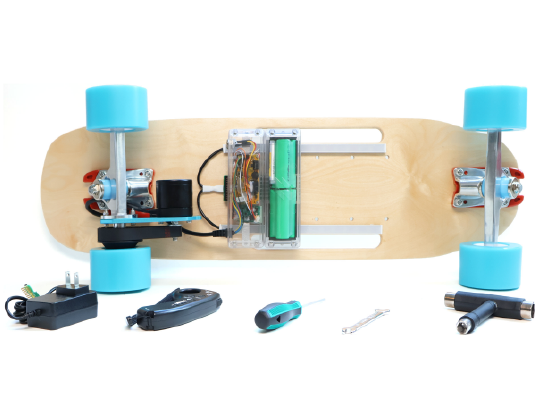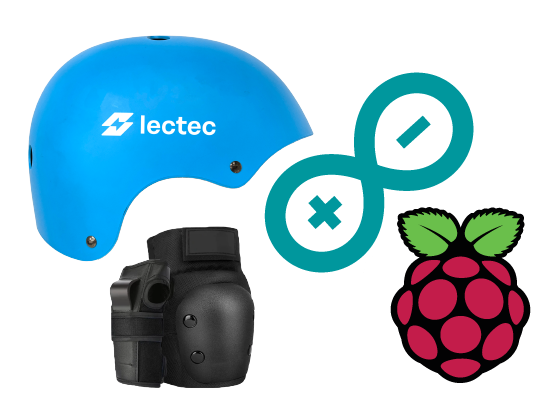
Better Learning: How Psychology Designed Lectec’s Curriculum — Lectec
Share
Psychological theories provide valuable insights for designing engaging lessons. Each approach—constructivist, behaviorist, cognitive, ecological, and social/emotional—enhances student engagement and accommodates various learning styles. Here’s how they work with Lectec’s offerings:
Constructivist Approach: Active Exploration
This approach focuses on hands-on, inquiry-based activities where students build understanding through experimentation. Lectec’s electric vehicle kits support this by allowing students to construct projects, fostering discovery and collaboration.
- Learning Styles: Physical, social, and visual learners benefit from hands-on, team-based activities.

Designed by Freepik
Behaviorist Approach: Reinforcement and Repetition
The behaviorist approach relies on structured, step-by-step lessons with reinforcement through practice. Lectec’s modular system and standards-aligned lessons support repetitive practice, helping students learn through guided stages and concepts like Newton’s Laws of Motion.
- Learning Styles: Physical and logical learners respond well to structured, repeatable activities.

Cognitive Approach: Critical Thinking
Cognitive lessons promote critical thinking and problem-solving. Lectec integrates this by encouraging students to analyze their electric vehicle designs and tackle real-world engineering challenges, such as designing for accessibility on school campuses.
- Learning Styles: Logical, verbal, and solitary learners benefit from analytical, reflective tasks.

Ecological Approach: Real-World Context
Ecological learning connects classroom concepts to the environment. Lectec’s Carbon Emissions lesson allows students to compare CO2 emissions of different vehicles, helping them understand sustainability and the environmental impact of transportation choices.
- Learning Styles: Visual, social, and physical learners engage well with contextual, real-world applications.

Social/Emotional Approach: Emotional Well-being
Social/emotional learning emphasizes collaboration and emotional intelligence. Lectec fosters this through group projects, where students build, problem-solve, and support each other while working on electric vehicle kits.
- Learning Styles: Social and auditory learners thrive in teamwork-focused activities.

How Lectec Supports All Learning Styles
Lectec’s LMS integrates elements from all these psychological approaches, ensuring an inclusive learning environment.
- Behaviorist: Structured lessons with step-by-step instructions.
- Cognitive: Problem-solving tasks and analytical exercises.
- Constructivist: Hands-on projects that encourage exploration.
- Ecological: Real-world applications that bring STEM into environmental context.
- Social/Emotional: Collaborative projects that build teamwork and empathy.
By blending these approaches, Lectec creates a holistic STEM experience, making learning engaging and accessible for all.













